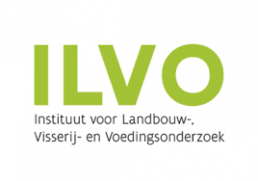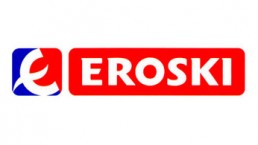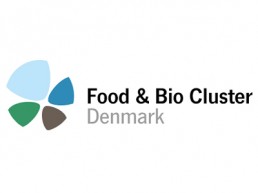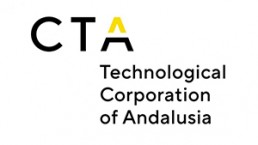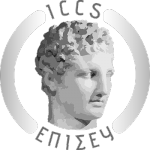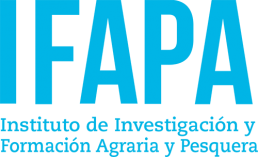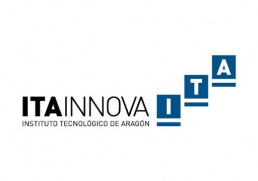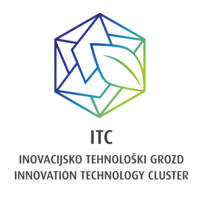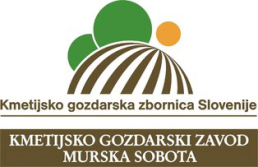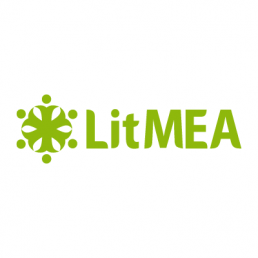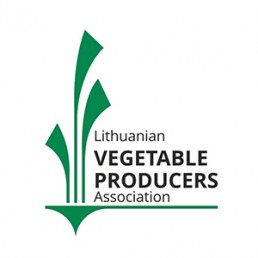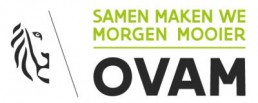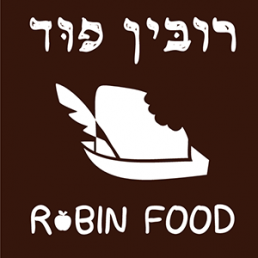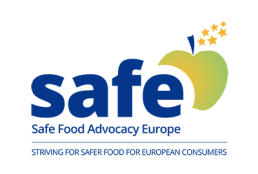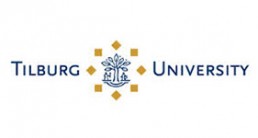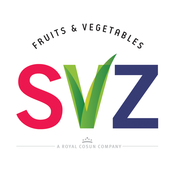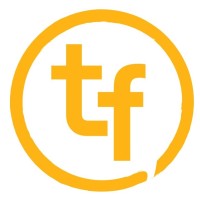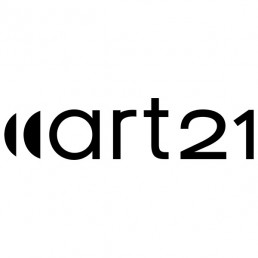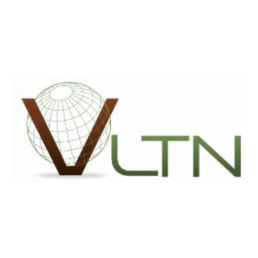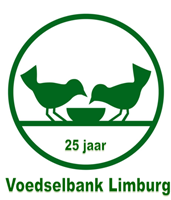Systemic Innovations Towards a Zero Food Waste Supply Chain
ZeroW has set the ambitious target of playing a key role in the transition of current food systems towards halving Food Loss & Waste (FLW) by 2030 and reaching near-zero FLW by 2050.
ZeroW provides significant impacts through the demonstration of innovations in nine real-life food chains, by employing a systemic innovation approach, to effectively address the multidimensional issue of FLW.
This involves:
- Pre-identifying systemic innovations, that incorporate multiple interlinked dimensions (process, organisational, strategy, marketing, product, technological, governance, etc.), which are tested and demonstrated;
- Steering the evolution of innovations towards higher levels of systemic readiness and impact, using a Living Lab co-creation and multi-actor collective learning approach;
- Enhancing the Living Lab actors’ innovation advancement capability with shared resources facilitating new ways and means of cooperating and co-developing innovations;
- Developing context-specific trajectories for the systemic innovations (from ideation to scaling-up and commercialisation) leading to the provision of currently missing end products and services that align with consumer attitudes, food actor needs and policy trends.
Moreover, ZeroW establishes a clear ‘FLW impact trajectory’, from demonstrator results (2025), scaled up to meet the F2F 2030 goals, and steered through a ‘just transition pathway’ towards a near-zero FLW in 2050.
The ZeroW project has received funding from the European Union’s Horizon 2020 research and innovation programme under grant agreement No 101036388.
Project website: zerow-project.eu
Project coordinator: Inlecom Commercial Pathways Company Limited by Guarantee (Ireland)
Project partners:
- AgriFood Lithuania DIH (Lithuania)
- Allmicroalgae Natural Products SA (Portugal)
- Asociacion de Investigacion de Industrias Carnicas del Principado de Asturias (Spain)
- Asociatia Clusterul Agro-Food-Ind Napoca (Romania)
- Asociatia Transilvania IT (Romania)
- Aves Nobles y Derivados, S.L. (Spain)
- Biosense Institute – Research and Development Institute for Information Technologies in Biosystems (Serbia)
- Digiotouch OU (Estonia)
- DIL Deutsches Institut Fur Lebensmitteltechnik EV (Germany)
- Eigen Vermogen Van Het Instituut Voor Landbouw – En Visserijonderzoek (Belgium)
- Eroski Scoop (Spain)
- F6S Network Ireland Limited (Ireland)
- FBCD AS (Denmark)
- Fondazione Istituto Sui Trasporti e la Logistica (Italy)
- Fundacion Corporacion Tecnologica de Andalucia (Spain)
- Grupo La Caña, S.L. (Spain)
- ICLEI European Secretariat GMBH (Germany)
- Innovatiesteunpunt Voor Landbouw Enplatteland (Belgium)
- Institute of Communication and Computer Systems (Greece)
- Instituto Andaluz de Investigaciony Formacion Agraria Pesquera Alimentaria y de la Produccion Ecologica (Spain)
- Instituto Tecnologico De Aragon (Spain)
- Instituto Tecnologico del Embalaje, Transporte y Logistica (Spain)
- ITC – Inovacijsko Tehnoloski Grozd Murska Sobota (Slovenia)
- Kmetijsko Gozdarska Zbornica Slovenije Kmetijsko Gozdarski Zavod Murska Sobota (Slovenia)
- Konnecta Systems Limited (Ireland)
- Lietuvos Maisto Eksportuotoju Asociacija (LitMEA) (Lithuania)
- Lithuanian Vegetable Producers Association (Lithuania)
- Multiscan Technologies SL (Spain)
- Nederlandse Organisatie Voor Toegepast Natuurwetenschappelijk Onderzoek TNO (Netherlands)
- Novamont SPA (Italy)
- Openbare Vlaamse Afvalstoffenmaatschappij (Belgium)
- Robin Food (Israel)
- Safe Food Advocacy Europe (Belgium)
- Sintef AS (Norway)
- Sonae MC – Servicos Partilhados, SA (Portugal)
- Stichting Katholieke Universiteit Brabant (Netherlands)
- SVZ International BV (Netherlands)
- Termoformas de Levante SL (Spain)
- UAB ART21 (Lithuania)
- Universidade do Minho (Portugal)
- Univerza v Mariboru (Slovenia)
- VLTN GCV (Belgium)
- Voedselbank Limburg (Belgium)
- Wageningen University (Netherlands)
- Waterford Institute of Technology (Ireland)



